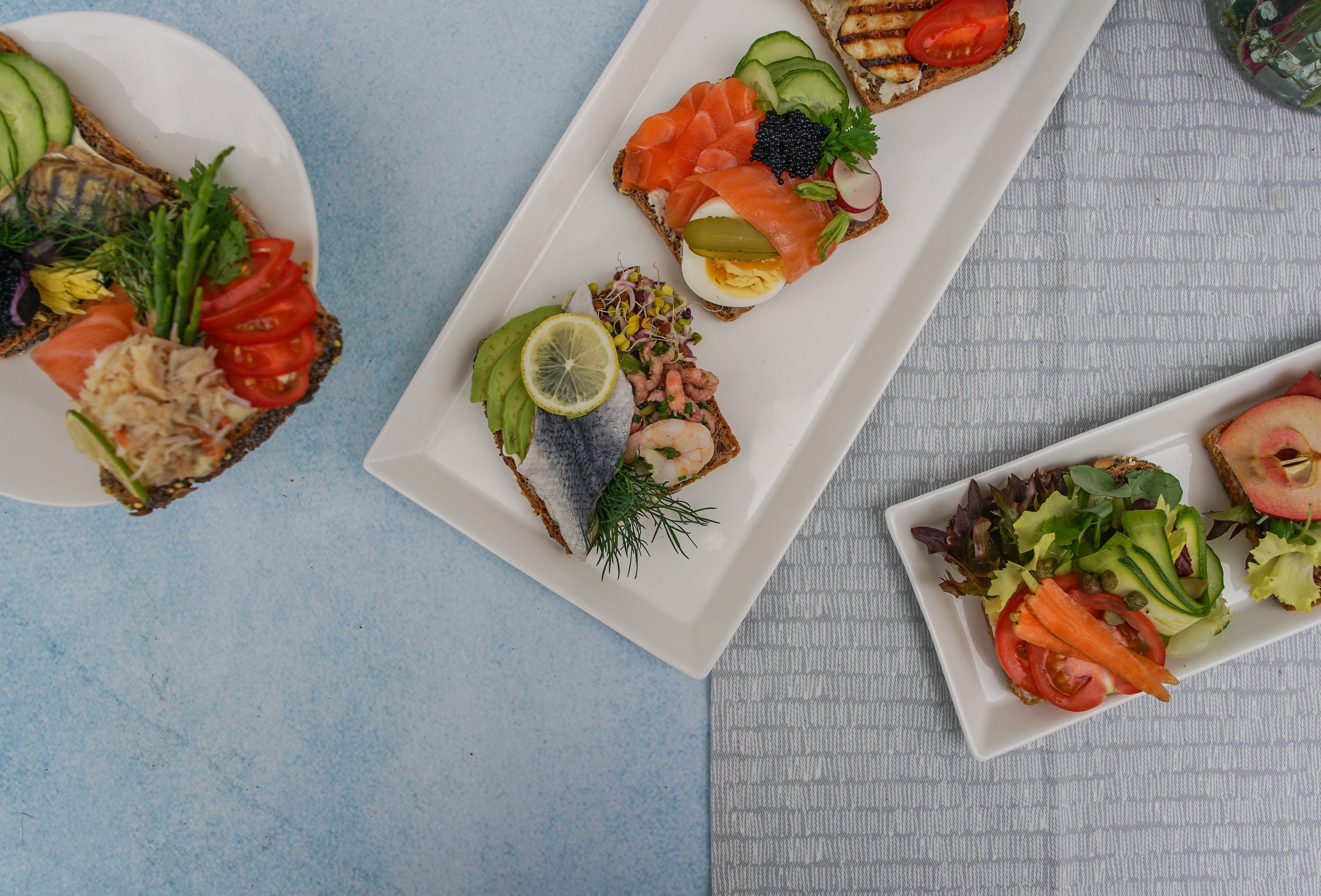Nourish Your Mind: Foods That Support Mental Health
When it comes to mental health, we often focus on therapies and medications, but our diet plays a significant role in our emotional well-being too. The food we eat can influence our mood, stress levels, and overall mental health. In this article, we'll explore a variety of foods that have been linked to improved mental health, providing you with valuable insights on how to incorporate them into your diet.
1. Fatty Fish for Omega-3 Fatty Acids
Fatty fish like salmon, mackerel, and trout are rich sources of omega-3 fatty acids. These essential fats are crucial for brain health and have been linked to reduced risk of depression and anxiety.
2. Leafy Greens for Folate
Leafy greens such as spinach, kale, and broccoli are packed with folate (vitamin B9). Folate plays a role in the production of neurotransmitters like serotonin, which can improve mood and reduce symptoms of depression.
3. Whole Grains for Complex Carbohydrates
Complex carbohydrates found in whole grains like oats, quinoa, and brown rice help regulate blood sugar levels, providing a steady source of energy to the brain. This can help stabilize mood and reduce irritability.
4. Berries for Antioxidants
Berries like blueberries, strawberries, and raspberries are rich in antioxidants, which help protect brain cells from oxidative stress. Antioxidants have been associated with improved cognition and reduced risk of mental decline.
5. Nuts and Seeds for Magnesium
Nuts (e.g., almonds, walnuts) and seeds (e.g., pumpkin seeds, sunflower seeds) are excellent sources of magnesium, a mineral that plays a role in mood regulation. Magnesium deficiency has been linked to symptoms of depression and anxiety.
6. Probiotics for Gut-Brain Connection
A healthy gut is essential for a healthy mind. Foods rich in probiotics like yogurt, kefir, sauerkraut, and kimchi promote a balanced gut microbiome, which can positively influence mood and reduce symptoms of anxiety and depression.
7. Lean Proteins for Amino Acids
Lean proteins like chicken, turkey, and tofu provide essential amino acids that are the building blocks of neurotransmitters. Incorporating enough protein into your diet can help maintain balanced mood and emotional stability.
8. Dark Chocolate for Mood-Boosting Compounds
In moderation, dark chocolate (70% cocoa or higher) can be a delightful treat with mood-enhancing compounds. It contains flavonoids that may improve mood and reduce stress.
9. Herbal Teas for Calming Effects
Herbal teas like chamomile, lavender, and peppermint have calming properties that can help reduce anxiety and promote relaxation. Enjoying a warm cup of herbal tea can be a soothing ritual.
10. Water for Hydration
Dehydration can impact mood and cognitive function. Ensure you stay adequately hydrated by drinking enough water throughout the day, as even mild dehydration can affect your mental well-being.
Conclusion
While food alone cannot replace professional mental health treatment, it can certainly play a significant role in supporting your emotional well-being. Incorporating a variety of nutrient-rich foods into your diet can help regulate mood, reduce symptoms of anxiety and depression, and contribute to better mental health. Remember that overall dietary patterns, in addition to individual foods, are essential for promoting long-term mental wellness, so strive for balance and variety in your meals for the best results.



